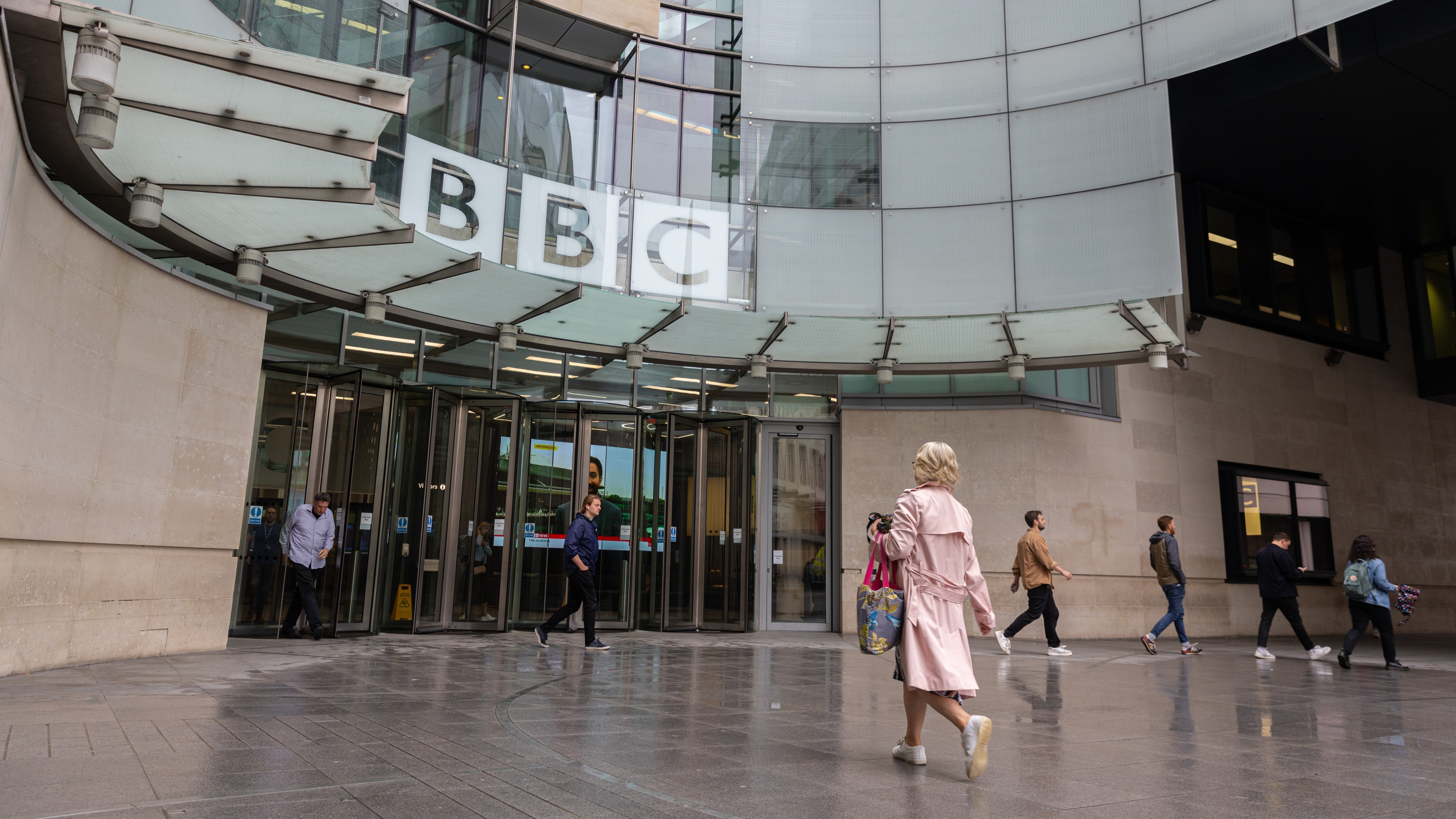The gender gap for female writers and directors has increased over past six years, according to research by the Creative Diversity Network (CDN).
The finding is based on new analysis by CDN of six years of Diamond data on how well writers, directors and producer-directors are represented in the UK television industry.

The analysis, spanning 2016/17 to 2021/22, reveals that despite the longstanding recognition of the underrepresentation of women in these roles, and the creation of industry initiatives to address it, the gender gap for female directors and writers has actually increased, and those women who are working in these roles are more likely to be contributing to non-peak programmes.
While women are well represented in the TV industry overall, they are far less likely to occupy the key senior creative and authorial roles of director than their male counterparts, making just 25.3% (director) and 32.4% (writer) of contributions to programmes broadcast in 2021/22. These figures have declined over the past six years from 26.9% (directors) and 42.8% (writers) in 2016/17.
The report also highlights that where there are pockets of progress, for example the increased number of Black, Asian and Minority Ethnic, and disabled writers and directors working in UK television, their ability to make the same number of contributions to programmes is more limited than their white, non-disabled peers.
CDN carried out the work following discussions with Directors UK and the Writers’ Guild of Great Britain whose research also flagged this under-representation, especially of women and people from a Black, Asian and Minority Ethnic background.
The data showed that in 2021/22, 13.4 % of directors identified as Black, Asian and Minority Ethnic – an increase from 10.8% in 2016/17. But the programme contributions made by these directors remains stubbornly low – 9.5% in 2021/22 – and below 10% in each of the last six years. So while the rate of employment has increased, these directors are contributing to relatively few programmes compared to their white counterparts, whose number of contributions (90.5%) is higher than their employment numbers (86.6%).
Deborah Williams, CEO, Creative Diversity Network said: “Over the years we have seen broadcasters, streamers, production companies and industry bodies launching a series of initiatives aimed at diversifying writers and directors. But our analysis of six years of Diamond data makes it clear that these efforts are yet to be operating at the necessary scale, or they have simply failed to achieve the intended impact. It is very disheartening to see the number of women in these roles actually decrease over this period, and other groups are not being given opportunities to actually make shows, at the bigger-budget, peak time end of the scale.”
“We need to see a shift from piecemeal and programme-level initiatives to more transformational change, which are accountable and transparent.”

Stephen Nuttall unveiled as new Chair of IBC’s Partnership Board
Stephen Nuttall has been appointed as the new Chair of IBC’s Partnership Board. Made up of representatives from each of the six partner organisations which own IBC (IABM, IEEE, IET, RTS, SCTE and SMPTE), the IBC Partnership Board provides the governance and strategic oversight of IBC.

Saleha Williams appointed CEO of IABM
Saleha Williams has been appointed as the Chief Executive Officer (CEO) of IABM.

Comcast sets leadership team for ‘SpinCo’ cable unit
US media and telco giant Comcast has unveiled the leadership team for SpinCo as it prepares to spin off its cable television portfolio later in the year.

Labour exploring ‘alternative funding options’ to BBC licence fee
UK Culture Secretary Lisa Nandy is reportedly considering scrapping the BBC licence fee at the end of the Corporation's current charter in December 2027.

BBC Director-General Tim Davie to head Creative Cities Convention speakers
BBC Director-General Tim Davie has been lined up as one of the key speakers at this year’s Creative Cities Convention, being held from May 7–8 in Bradford as part of its UK City of Culture 2025 celebrations.



